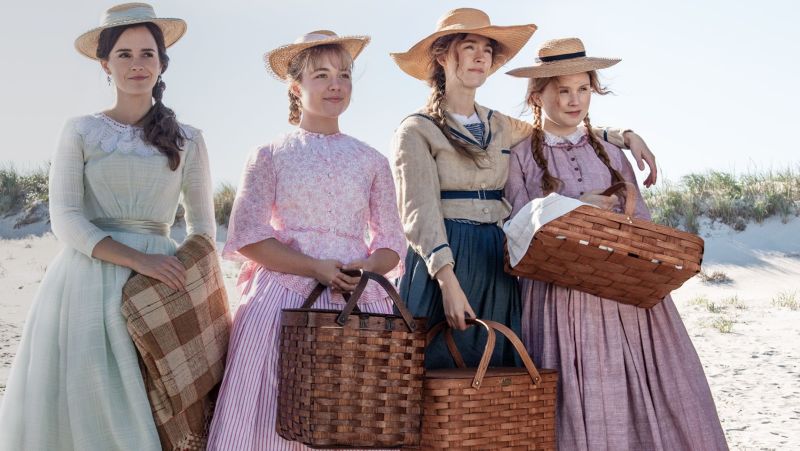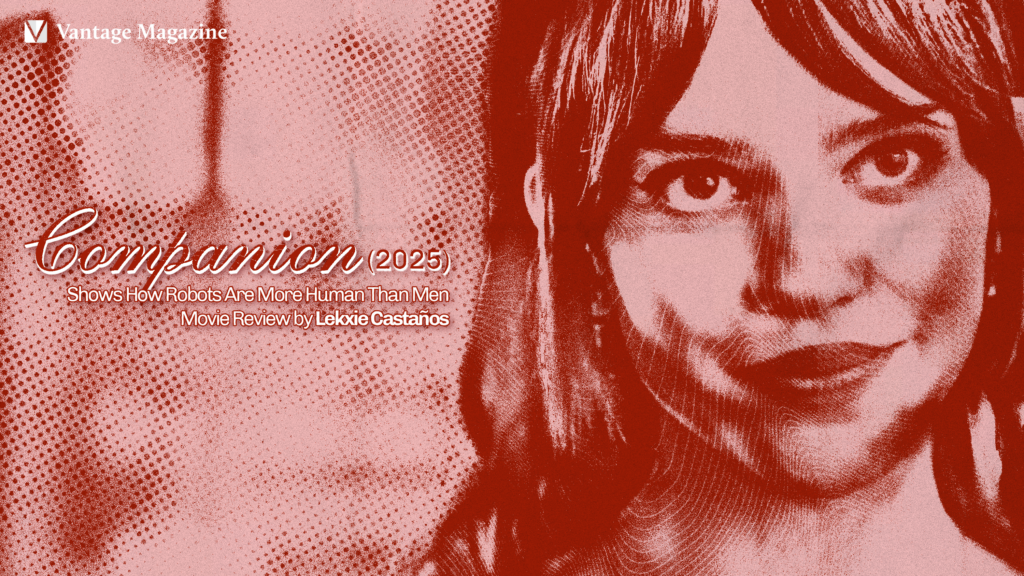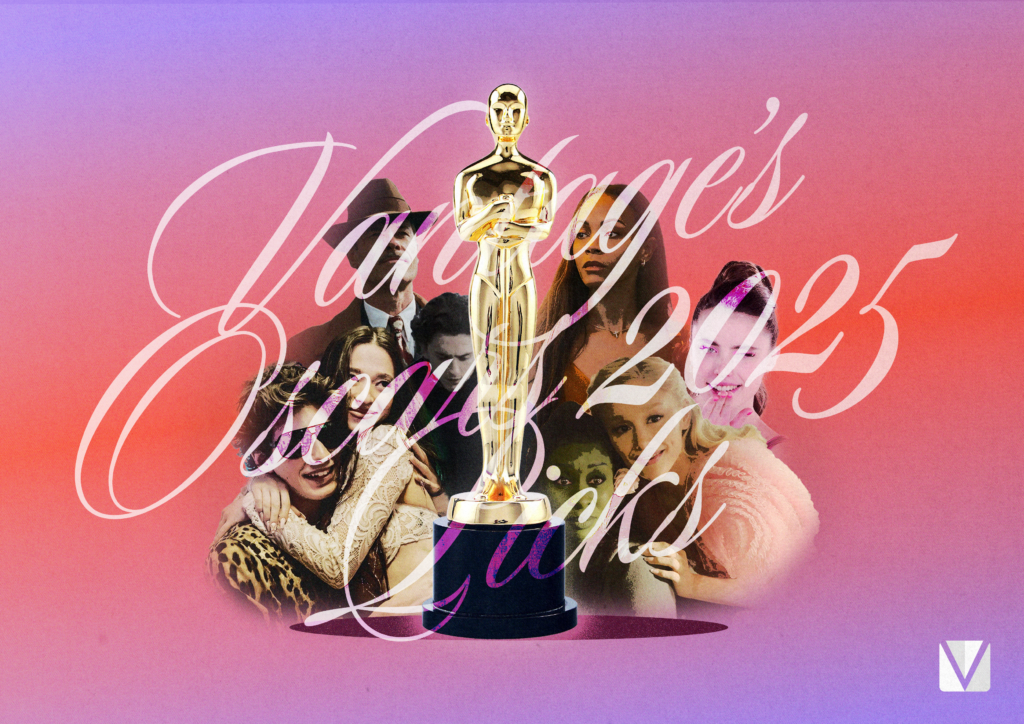A tale of sisterly love, Louisa May Alcott’s Little Women (1868) has withstood the test of time. In the novel’s upcoming movie treatment, it’s interesting to see how director Greta Gerwig will bring sweet Meg (Emma Watson), tomboyish Jo (Saoirse Ronan), shy Beth (Eliza Scanlen), and proud Amy (Florence Pugh) to life. But how come the novel resonates with us to this very day? Vantage dives into the heart of the story by examining the themes of the beloved classic—and why they are essential to the film.
Note: For those who haven’t read the books or watched any of the movie adaptations, there will be spoilers ahead!

Photo sourced from Wilson Webb/CTMG, Inc. via the Los Angeles Times
1. The road (to feminism) less traveled
Towards the end of the novel’s first half, Meg finds love with boy-next-door Laurie’s tutor, Mr. John Brooke. She eventually marries him and becomes a housewife. Though critics have said Meg doesn’t “attain Alcott’s ideal womanhood,” Gerwig’s adaptation tells a different story. “Just because my dreams are different than yours, doesn’t mean they’re unimportant,” says Emma Watson’s kind Meg to Saoirse Ronan’s fierce Jo in the movie’s trailer.
It’s easy to reduce Meg as a woman without her own mind, but that would be grasping onto age-old misconceptions of feminism. There is nothing wrong with girls wanting to get married and starting a family, but there is something wrong in the thought that they are not empowered if they choose to do so–and this definitely needs to be explored by the film.

Photo sourced from Sony Pictures via Man Repeller
2. The truth about rejection
Failure seems to be a recurring theme in the novel, from Jo’s rejected manuscripts to Amy’s futile attempts at popularity. Alcott does well in painting this sort of growth in a rosy light, but maybe a little bit too well. The path to success and happiness is not rosy at all—though many of us nowadays have trouble accepting that.
Perhaps the most memorable rejection, though, is Jo refusing Laurie’s love. The childhood friendship between the stubborn tomboy and the cocky guy develops into a one-sided romance, since Jo believes she and Laurie will eventually butt heads. Timothée Chalamet’s brooding performance hints on this in the trailer, leaving the reader to wonder how Gerwig can successfully transition this rejection to each of them finding their own true loves on the big screen.

Photo sourced from Sony Pictures via Boston Magazine
3. Makeup your life
Beauty and vanity naturally play a significant role in each sister’s life as they grow and mature—from coquettish Amy’s love for clothes when in school and even boyish Jo’s heartbreak when she sells her hair to help the family. One particular chapter sees Meg staying with her wealthy friend Sally Moffat. At first, Meg dresses up prettily but plainly, and despite her insecurity, adults compliment the simple young lady. However, when Sally’s sister gives her a makeover with a fancy gown and makeup, people find her youthful beauty “spoiled.” Alcott surely wanted to highlight the horrors of vanity, but it doesn’t sit well anymore in this day and age. Rather than condemn the supposed artificiality of a woman’s beauty, one should realize that there’s no harm in empowering oneself and finding confidence with makeup—a powerful point they can make in this modern adaptation.

Photo sourced from Wilson Webb/CTMG, Inc. via Vanity Fair
4. But I’m not like other girls!
Yes, there is indeed a Jo versus Amy debate going around in small circles. A reflection of the fierce and independent Alcott, Jo doesn’t think she needs a man and works hard as a writer to fulfill her dreams. Amy, meanwhile, is spoiled, vain, and petty. She wants to be an artist, marry a rich husband, and live a luxurious life.
As girls, we’re taught to demonize Amy as shallow, but she does have a point. Amy proves to be the more sensible sister, charting her path in life with her head instead of her heart. We’re brought up to ridicule Amy for not being as passionate as Jo, for her girliness and airs. But as we grow older, we realize there’s no shame wanting to enjoy some of the finer things in life without stepping on other people. Here’s to hoping this dynamic plays out well in the film.

Photo sourced from Wilson Webb/CTMG, Inc. via The Wrap
5. Work vs. Passion
A recurring theme in the novel is passion. The impoverished Marches work hard towards their goals. Laurie wants to pursue music instead of the family business. And Jo is at the center of it all with her dream of becoming a novelist.
While Alcott surely had a sentimental streak, at least she highlighted the importance of honest work, especially when the wise professor Mr. Bhaer teaches Jo a lesson about not becoming—for lack of a better term—a sellout. From Amy abandoning her dreams of becoming an artist to Laurie deciding to continue his grandfather’s business after all, Little Women still holds true to this day for its realistic portrayal of life. Most of the time, work has to overtake the passion and dreams of yesterday—but it doesn’t make life any less worth living. And perhaps that should be shown as the most important part of all.
Though girls can empathize with the four different March sisters, it’s the growing pains portrayed that help Little Women remain relevant. More than romance and death, the soul of the novel will continue to endear itself towards generations to come. Here’s to seeing the March sisters bond and grow up once again on the big screen.






